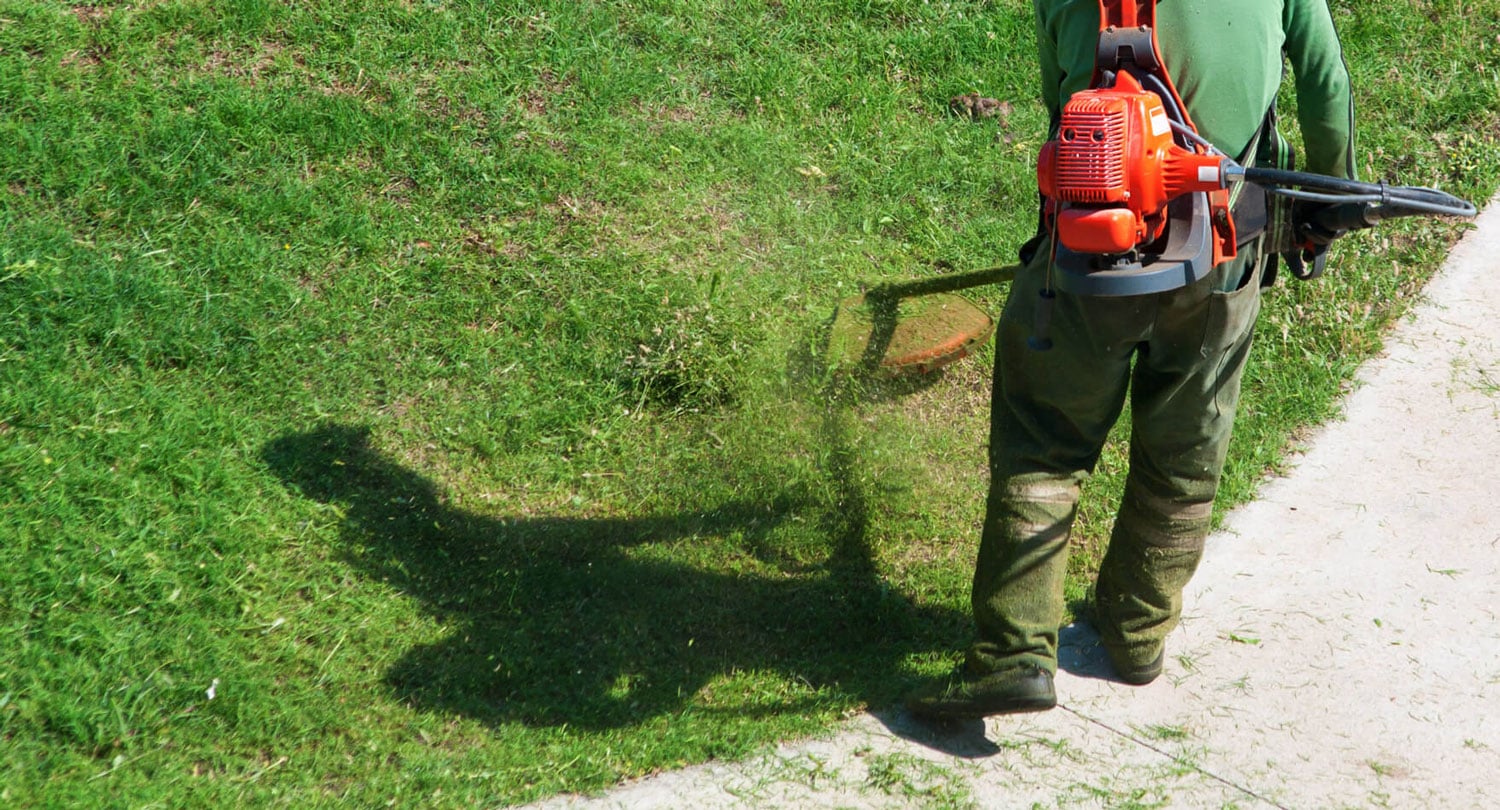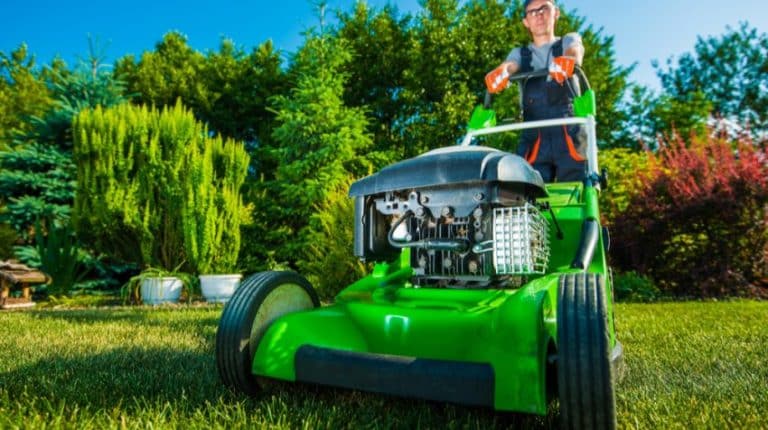Do I Need Insurance to Mow Lawns?
With low startup costs and high customer retention rates, lawn mowing services are a great business opportunity. While there are many perks to running this type of business, there are risks – just like with any other business. Having lawn mowing insurance can help protect against those risks.
Why Do You Need Lawn Service Insurance Coverage?
Many lawn care service owners wonder if they really need insurance, and the answer is yes. In many cases, insurance will be required by law.
But even if not, having adequate insurance coverage will help protect against the unique risks that your business faces.
- An employee may injure themselves while using a string trimmer.
- An employee’s property may be damaged while mowing the lawn.
Accidents can and do happen, and when they cause damage or injury, you will likely be responsible for those costs unless you have insurance.
What Insurance Do I Need for a Lawn Mowing Business?
You know the importance of having insurance, but what type of coverage will you need?
While every business will have its own unique risks, some of the most important coverages to have include:
General Liability
Every business owner should have general liability insurance. General liability provides vital coverage for:
- Property damage: Covers the cost of damage to customer property.
- Bodily injury: If a customer is injured while you’re on the job or at your place of business, general liability will cover their medical bills.
Depending on the insurer, general liability may also provide coverage for:
- Damage to rented property
- Advertising injuries
- Reputational harm
Most small businesses pay $360 – $1,200 per month for general liability insurance.
Business Owners Policy (BOP)
A business owners policy, or BOP, will combine both liability protection and commercial property insurance. If you run your lawn care business out of a physical location, a BOP makes sense.
The commercial property insurance that’s included with this policy will cover:
- The building itself
- Movable property owned by and used by your business
Typically, this type of policy will cover the cost of damage caused by fire, theft, weather, vandalism and other perils.
BOP coverage may also cover loss of income, debris removal and even pollution cleanup if necessary. The average cost for a BOP policy is $600 – $700 per year.
Workers’ Compensation
If you have employees, you will need workers’ compensation insurance, which will cover the cost of medical care, rehabilitation, lost wages and more if an employee is injured while on the job.
Workers’ compensation insurance is required by law in virtually every state. Each state has its own requirements for workers’ comp, so make sure that you understand these requirements before obtaining coverage.
If you work as a sole proprietor and do not have any employees, you may not need this insurance. Be sure to check your state’s laws to determine whether you will still need this coverage as a sole proprietor.
Commercial Auto
As a lawn care service provider, you will need vehicles to transport your equipment to your job sites. Those vehicles will need to be covered by a commercial auto insurance policy.
A commercial auto insurance policy will provide a number of essential coverages if you or an employee get into an accident while on the job, including:
- Liability
- Physical damage
- Uninsured motorist
- Medical payments
- Hired auto
- Non-owned coverage
A comprehensive commercial auto policy will help cover the cost of property damage and medical care if an accident causes damage or injuries. Costs for commercial auto insurance are based on many factors, but most companies pay between $1,700 and $2,200+ per year.
Business Income Insurance
If your equipment or your truck is stolen, business income insurance will cover your lost income during this time. In fact, these policies will include property damage and theft, so you’ll have your income replaced if:
- Your truck is damaged in an accident
- A lawn mower is stolen from your facility
- Other incidents
Since your equipment is your livelihood, it’s important to have business income insurance. Most businesses will pay between $500 and $1,500 per year in premiums for business interruption.
Commercial Property Insurance
You may or may not need commercial property insurance. Most lawn mowing businesses will only obtain this insurance:
- If they lease a building
- If they purchase a building
The building may be used as office space, or it can be a place to store all of your equipment. In this case, you’ll need commercial property insurance.
If you choose to have a lower deductible, your insurance will be higher.
Most companies pay between $500 and $1,000 per year for commercial property insurance, but prices can range from under $500 to over $1,200. Factors that will determine premiums are:
- Location
- Building size
- Building age
- Use of building
- Security and safety features
- more
Optional: Herbicide and Pesticide Coverage
One of the coverage options that we’re seeing pop up more when securing insurance to mow lawns is herbicide and pesticide coverage. If your lawn business does include using chemicals of this nature, you may be held liable if your customers become sick from these chemicals.
Even if the manufacturer is named in the lawsuit, you’re likely required to pay a portion of the settlement amount.
Determining the cost for this type of insurance is difficult because:
- It’s often added to a liability policy
- Commercial entities, such as golf courses, are often required to have this insurance on their own
You’ll need to discuss adding this insurance with your insurer if you do plan on using herbicides or pesticides as a part of your service.
How Much Is Insurance for Lawn Mowing Business?
Insurance for lawn mowing businesses will vary from state to state, but based on the figures above, you can expect to pay between $3,600 and $6,800. Your premiums may be more if you opt for higher limits or based on the following factors:
- Number of employees
- Location
- Claims history
If you need lawn mowing insurance and are trying to better understand the costs involved, seek out multiple quotes from insurance companies and compare them to find the best value.



